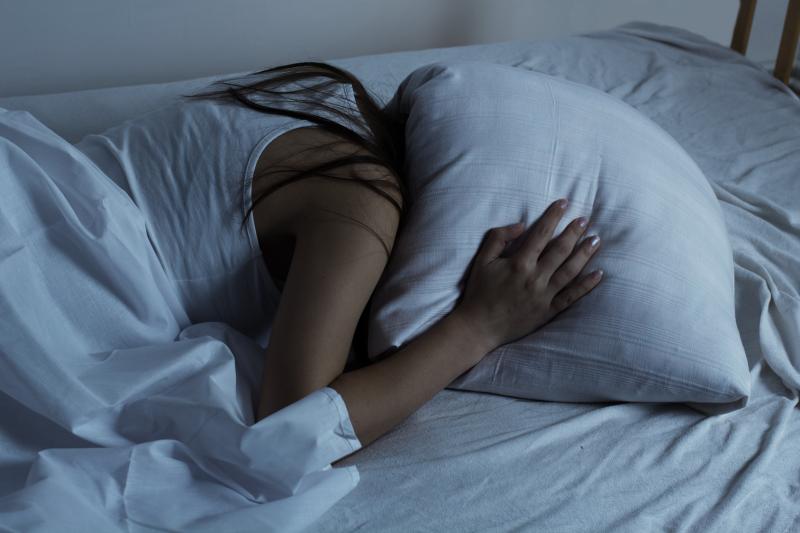
Symptoms of insomnia appear to have an influence on the association between hypertension and post-traumatic stress disorder (PTSD), according to a recent study involving young and middle-aged Veterans. Difficulty in falling and staying asleep, as well as related distress, appear to be harmful for cardiovascular health in this population.
An association existed between PTSD symptom severity and hypertension (r, 0.09; p<0.001). In addition, PTSD symptom severity and hypertension each correlated with the following insomnia symptoms: difficulty falling asleep, difficulty staying asleep, and worry/distress about sleep problems (PTSD: rs, 0.58–0.62; p<0.001; hypertension: rs, 0.07–0.10; p<0.001).
Of note, a latent variable derived from insomnia symptoms negotiated 9 percent of the relation between PTSH symptom severity and hypertension (p=0.02).
“Longitudinal data is required to further investigate the associations between PTSD, insomnia and hypertension,” the authors said.
In this study, self-report survey and electronic health record data from 1,109 participants in the Women Veterans Cohort Study (mean age, 43.8 years; 52 percent women) were analysed to evaluate the cross-sectional associations between PTSD symptom severity, recent symptoms of insomnia and hypertension, defined as self-reported treatment for high blood pressure in the last year.
Structural equation modelling was used to determine whether insomnia symptoms mediate the association between PTSD and hypertension.
“PTSD is associated with incident hypertension,” the authors said. “Although this relationship is poorly understood, PTSD is also associated with insomnia symptoms, which increases the risk for hypertension.”